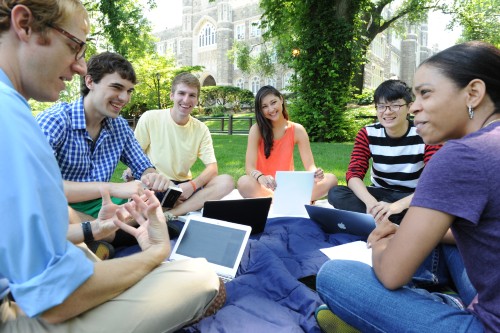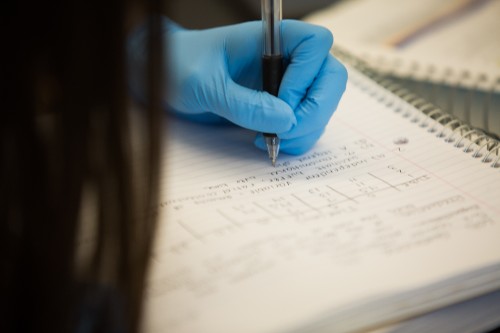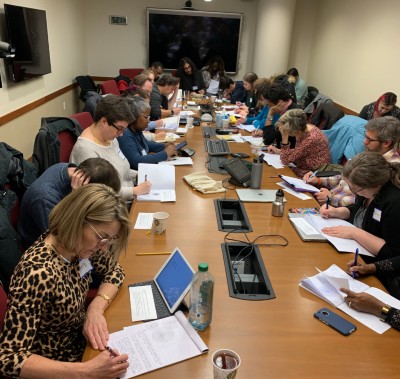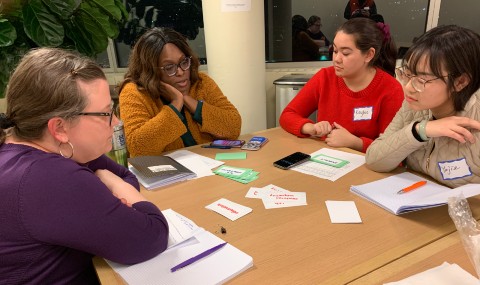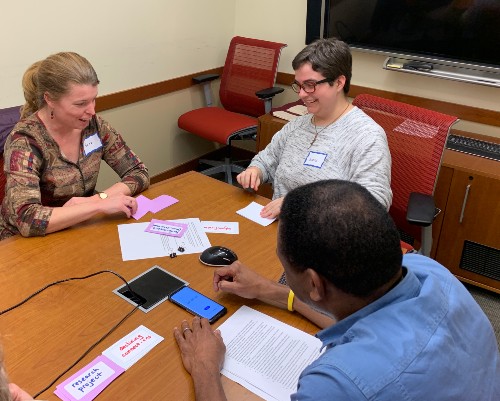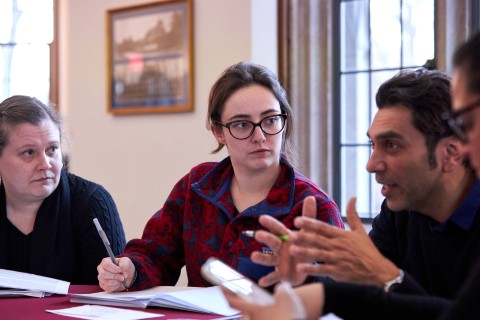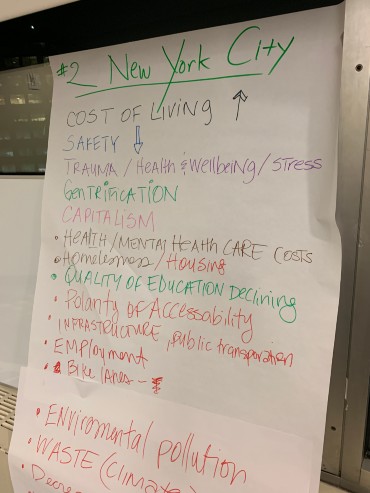By: Tori Mack
Incubator Participant
Academic Skills Administrator
Higher Education Opportunity Program
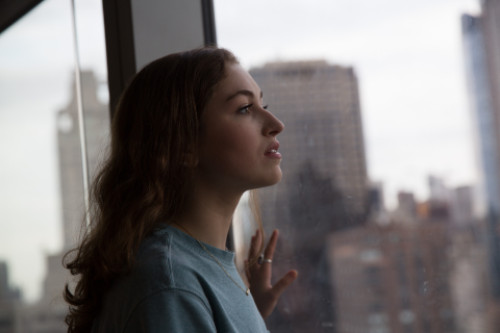
It’s common to see an outpouring of compassion for one another following a tragedy. Support for those who need it most and acts of kindness made in good faith to strangers, simply because we are united by a common bond. However, what is uncommon is sustained compassion following the passing of tragedy. Where does this widespread unity go when we move on, when loss and struggle are no longer at the forefront of our minds?
The COVID-19 pandemic has had a devastating impact on all aspects of life as we know it, especially higher education. Students and professors have struggled with adapting to this new normal, and asynchronous classes, Zoom meetings, and last minute syllabus changes, in the wake of processing fear and turmoil, have taken a toll on our community. While the adjustment has been strenuous and the process not ideal, the outcome has been remarkable in many ways. For example, colleges and universities of all sizes have discovered that they can do what once may have seemed impossible. We discovered that in many cases, we can run classes online, and we can increase student access to free educational materials. Perhaps most importantly, we can put students’ needs first.
In response to the national pandemic, there has been an overwhelming increase in holistic support for students. At Fordham, we know support of the whole being is necessary for students to thrive, which is the true definition of Cura Personalis. Sustainable aid, access, and outreach is, admittedly, easier said than done, but it must not be written off as impossible or unattainable. We have already proven that we can do better.
This past spring I was fortunate enough to participate in the ReIMAGINE Higher Education Incubator. In my opinion, the most meaningful part of contributing to such a diverse team was navigating our personal interests, along with our ties to Fordham and relationships within the university, in order to forge ahead toward a common goal. Our unique skills, perspectives, and connections inspired and challenged us to think in new ways each time we met, and because of this, we were able to produce five tangible and pilotable projects. However, the major takeaway for me is that accessible spaces where all voices are celebrated and heard, create unity and foster the growth needed for change.
The future of what higher education will look like after this pandemic is uncertain, but much can be learned from the time and space we presently share. Instead of settling for a temporary new normal that may be forgotten later on, let us work toward creating novel standards for higher education; standards that promote access and support for all who need it and standards that hold onto the compassion we have led with these past few months.

